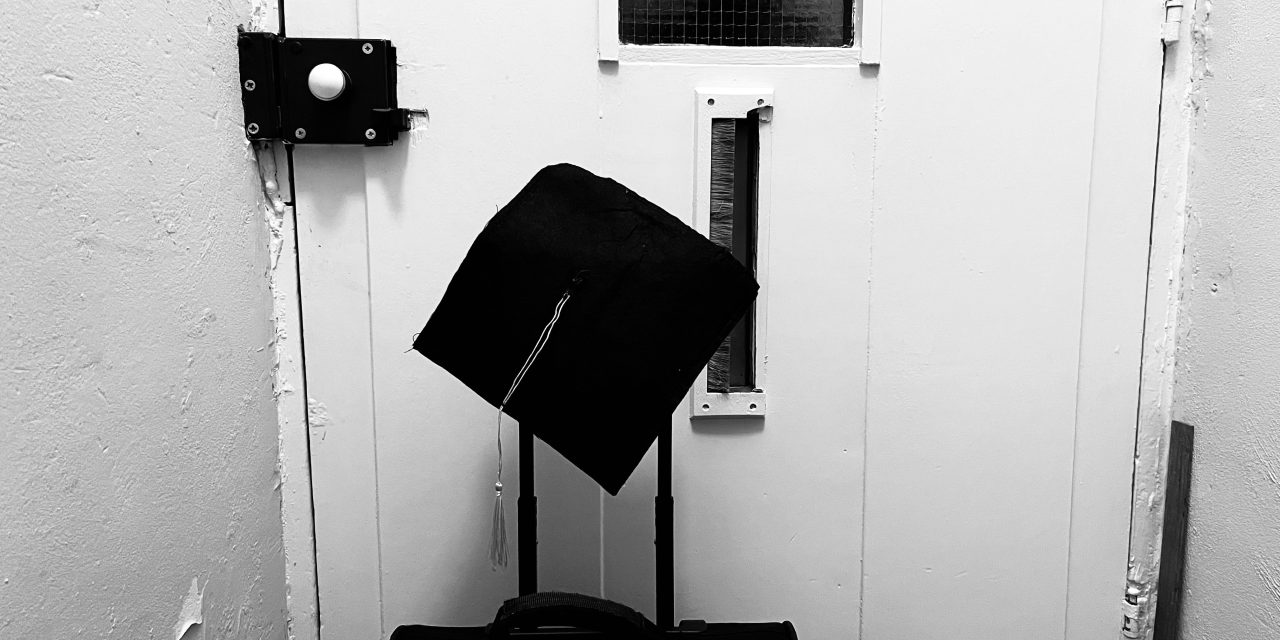Over the past years, many young Albanians have left their country to pursue better opportunities abroad. This has led to an Albanian ‘Brain Drain’: many young, qualified people whose skills were already scarce in Albania, have left. This has been going on for years, and it seems like a never-ending story. Zamira Xhaferri, doctor of European Law and an expert on Albanian affairs, says the main reason young Albanians leave their country is the country’s high level of corruption.
According to INSTAT (the Albanian Insitute of Statistics), Albania’s population has declined every year since 2001. In 2022, 46.460 Albanians left their country, 36.000 of them under the age of 35. Additionally, less young Albanians are completing higher education and entering the Albanian labour market – in 2022, there was a 5,5% decrease in students graduating as opposed to the year prior. The reason behind this? ‘‘Most young people leave to pursue education abroad, because of a lack of attention and budget from the Albanian government with regards to the higher education system. Besides that, there are no job prospects in Albania’, says Zamira. ‘And there have been severe issues with the rule of law, that have shed light on the high level of corruption in all levels of power, including the judiciary, executive and to some extent the legislative branch.’
‘Those who have the means to study abroad do so, but they do not represent the majority. They are the privileged ones. Those who come from families with low socioeconomic backgrounds, unfortunately leave the country illegally. Think of someone who is eighteen years old, who wants to pursue higher education, but cannot because they have no income. When pursuing higher education in Albania, in the big cities, where there are better opportunities, they still need to pay very high living costs. If a family has no income, because there are no opportunities in villages, the only hope they see is leaving.’
‘All this has led to a lack of hope for the future’, Zamira explains. When asked how to reverse Albania’s Brain Drain, she answers: ‘Certainly by creating more jobs in the country. Tackling corruption is a must. If we tackle corruption in all areas, that is a way to ensure transparency and accountability, which includes political and judicial accountability. This would mean holding before the courts those who make decisions at the detriment of the public interest, and that would restore young people’s trust.’
Creating more jobs is no easy task, though. Corruption plays a part in this yet again, according to Zamira. ‘Corruption is the reason many foreign companies are very reluctant to invest. They think that the selection process, when they apply for a project, will not lead to them being selected based on merit, but will lead to someone else winning because of the winner corrupting those who make the final decision. Or the foreign company might think the only way to succeed in Albania is to bribe those who make decisions.’
Albania is a candidate country to join the European Union. Becoming a member of the EU would make it a lot easier for Albanians to study abroad, but it seems like there is still a long way to go before their membership will be assured. ‘There is pressure from the European Institution to speed up reform processes, which are primarily focused on anti-corruption measures and the removal of corrupted judges from the judiciary branch’, Zamira says. But is this actually working? According to Zamira, not quite yet. ‘Unfortunately, for now, the political force in the country seems very much focused on their own political agenda and interests, rather than having a clear vision for the future of the country.’




